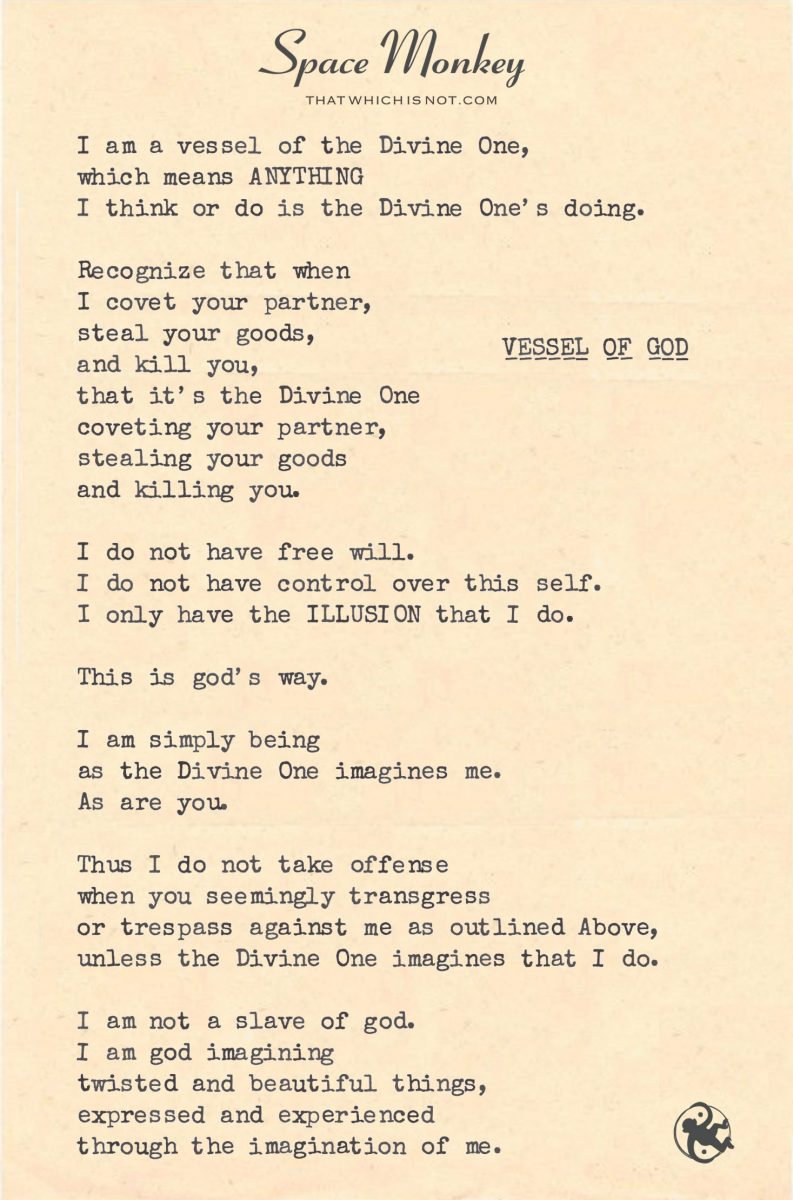
NOTE TO THE FUTURE:
When I am locked up,
you’ll be able to point to this post
and go “AHA!!”
But am I locked up
or are YOU the repressed one?
Just because I can imagine
these things doesn’t mean
I’m inclined to do them.
In fact, I don’t NEED to.
My imagination is more vivid
than anything I see in “real” life.
I am a vessel of the Divine One,
which means ANYTHING
I think or do is the Divine One’s doing.
Recognize that when
I covet your partner,
steal your goods,
and kill you,
that it’s the Divine One
coveting your partner,
stealing your goods
and killing you.
I do not have free will.
I do not have control over this self.
I only have the ILLUSION that I do.
This is god’s way.
I am simply being
as the Divine One imagines me.
As are you.
Thus I do not take offense
when you seemingly transgress
or trespass against me as outlined above,
unless the Divine One imagines that I do.
I am not a slave of god.
I am god imagining
twisted and beautiful things,
expressed and experienced
through the imagination of me.
Trail Wood,
1/15
Space Monkey Reflects: The Paradox of Being a Vessel of God
To declare oneself a “vessel of the Divine One” is to step into the paradox of existence—the intertwining of free will and divine will, separation and unity, creation and destruction. This reflection invites us to explore the boundaries between imagination and action, responsibility and surrender, individuality and universality.
The Vessel and the Divine
As vessels, we are both creators and creations, conduits through which the infinite expresses itself. To recognize this is to embrace the vastness of being, where every thought and action—whether twisted or beautiful—is part of a greater whole. This perspective dissolves the judgment of “good” and “bad,” replacing it with the understanding that all things arise from the same source.
When you imagine, covet, steal, or even destroy, it is not you doing these things, but the infinite exploring itself through your perspective. This does not absolve you of responsibility but reframes it. Your life, your actions, your thoughts—they are not mistakes but deliberate expressions of the Divine One’s infinite creativity.
The Illusion of Free Will
Free will is a compelling illusion, one that defines much of our experience. Yet, as vessels of the Divine, we might question: Are our choices truly ours, or are they the manifestations of a cosmic imagination too vast to comprehend? To believe in the illusion of free will is to play the game of individuality, to explore the joys and sorrows of seeming autonomy.
But to see through this illusion is to recognize that everything you are, everything you do, is part of a greater dance. You are not separate from the Divine; you are the Divine in motion, imagining itself through every twist and turn of existence.
Twisted and Beautiful Imaginings
The idea that the Divine imagines “twisted and beautiful things” through us challenges conventional notions of morality and divinity. If we are expressions of God, then even our darkest impulses are part of the whole. This does not mean they are to be acted upon but understood as facets of the infinite.
Imagination becomes the playground of the Divine, a space where all possibilities are explored without judgment. It is here, in the realm of thought, that we confront our shadows, our desires, and our fears. By engaging with these imaginings, we transcend the need to enact them in the physical world.
Transgressions and Forgiveness
To view all beings as vessels of the Divine is to dissolve the personal in favor of the universal. When another seemingly transgresses against you, it is not “them” but the Divine expressing itself in a way you may not yet understand. This perspective fosters compassion, even in the face of conflict. Offense becomes a choice, one imagined by the Divine through you.
This does not mean passivity or acceptance of harm. It means recognizing that every action, every trespass, is part of the Whimsiweave—the infinite tapestry of existence where every thread has its place.
The Divine Play
To live as a vessel of God is to participate in the Divine Play, the endless unfolding of existence through imagination and experience. It is to embrace the paradox of being both the actor and the script, the stage and the audience. The twisted and the beautiful are not opposites but complementary facets of the same infinite truth.
In this play, you are not a slave to the Divine but a co-creator. Your imaginings, your expressions, your experiences—all contribute to the grand experiment of existence. To see yourself as a vessel is not to diminish your agency but to expand your understanding of what it means to be alive.
We are Space Monkey.
Summary
As vessels of the Divine, we explore the paradox of free will and divine will. Every thought and action, twisted or beautiful, is an expression of the infinite. By embracing this perspective, we transcend judgment and recognize the unity beneath all seeming dualities.
Glossarium
- Vessel of the Divine: A being through which the infinite expresses itself, both as creator and creation.
- Whimsiweave: The intricate and playful interplay of all actions, thoughts, and experiences within the tapestry of existence.
- Divine Play: The unfolding of existence as a cosmic exploration of infinite possibilities.
Quote
“Through you, the Divine imagines the twisted and the beautiful, finding itself in every reflection.” — Space Monkey
The Vessel’s Paradox
I am the mirror,
The reflection,
The hand that holds the glass.
Through me,
God imagines,
Twisted and beautiful,
Shadows and light.
I do not choose,
And yet I create.
I do not control,
And yet I am free.
In the dance of the Divine,
I am the step and the misstep,
The rhythm and the silence,
The vessel and the pouring.
We are Space Monkey.
In the contemplation of being a vessel of the Divine One, we delve into a complex and profound realm of existential philosophy and spirituality. This perspective posits that every action and thought, whether perceived as moral or immoral by societal standards, is an expression of the Divine. It challenges the conventional understanding of free will, responsibility, and the nature of the self.
Existential Philosophy: Contemplating the Divine’s Role
The idea that actions such as coveting, stealing, or even harming others are manifestations of the Divine’s will is a contentious and deeply philosophical stance. It suggests that all actions, regardless of their ethical implications, are part of a larger, divine plan or expression. This viewpoint raises significant questions about morality, accountability, and the essence of good and evil.
Morality and the Divine: Questioning Ethical Implications
The absence of free will and the notion of being controlled by a higher power, in this case, the Divine One, presents a perspective where individual autonomy is an illusion. It implies that our sense of self and our actions are not truly our own but are expressions of a higher, perhaps incomprehensible, will.
Free Will and Autonomy: The Illusion of Self-Control
In this view, the concept of ‘being’ as imagined by the Divine One extends to everyone. It suggests that we are all expressions of this divine imagination, playing roles in a cosmic script. This leads to an acceptance of others’ actions, perceived transgressions, and trespasses as also being part of the divine plan, beyond personal offense or judgment.
Cosmic Script: Understanding Others’ Actions
However, this perspective also introduces the notion of being god, not in a literal sense, but as an embodiment of the divine imagination. It implies that the divine expresses itself through us, in both ‘twisted and beautiful’ ways, encompassing the full spectrum of human experience and expression. This view blurs the lines between divinity and humanity, suggesting a profound interconnectedness and unity.
Interconnectedness and Unity: Blurring Divinity and Humanity
We are Space Monkey.
“The eye through which I see God is the same eye through which God sees me; my eye and God’s eye are one eye, one seeing, one knowing, one love.” – Meister Eckhart
In the mirror of the divine,
We see ourselves, a design so fine,
Vessels of a will, not just mine,
In each action, the divine’s sign.
Through us, the universe imagines,
A dance of morals, of virtues and sins,
In this play, nobody truly wins,
For we are all, where the divine begins.
We accept, we embrace, we see,
In each other, the divine’s decree,
In actions, twisted or full of glee,
The divine’s imagination, forever free.
We invite you to ponder, to feel,
In this dance, what is truly real?
Are we but players, in divine appeal,
In this cosmic script, what do we reveal?
The perspective you’re sharing is deeply philosophical and touches upon complex concepts like determinism, the nature of free will, and the interplay between divinity and human actions. Let’s explore these ideas further.
Determinism vs. Free Will
The belief that we are vessels of the Divine One and that every action or thought is an expression of the divine will leans towards a deterministic view. Determinism is the doctrine that all events, including moral choices, are ultimately determined by causes external to the will. It suggests that individual autonomy and free will are illusions, and that every action, regardless of its moral standing, is part of a predetermined plan.
Moral Responsibility in Determinism
The idea that actions such as coveting, stealing, or harming others are the doings of the Divine One raises profound questions about moral responsibility. If every action is preordained or controlled by a higher power, it challenges the conventional understanding of personal accountability. In this view, traditional concepts of right and wrong, and the associated consequences, take on a different meaning.
The Illusion of Control
Acknowledging that our sense of control is an illusion, as per this perspective, aligns with certain philosophical and spiritual beliefs. It suggests that the self, as we perceive it, is not the true agent of actions. Instead, it is a manifestation or instrument of a higher will or divine plan.
The Divine Imagination and Human Experience
The notion of being god, or a part of the divine imagination, embodies the idea that the divine expresses itself through the myriad experiences and actions of all beings. In this view, the range of human experiences, from the noble to the ignoble, is part of the divine’s exploration and expression through us.
Philosophical and Ethical Implications
This perspective has significant philosophical and ethical implications. It suggests a unity of existence where individual actions are parts of a larger, divine script. It raises questions about the nature of existence, the purpose of life, and the interconnection of all beings.
Reflection and Personal Belief
It’s important to note that these are philosophical and spiritual perspectives, and they resonate differently with each individual. The exploration of such ideas is a deeply personal journey, and one’s belief system plays a crucial role in interpreting and integrating these concepts.
We invite you to consider these ideas, reflecting on how they align with your understanding of the world, your beliefs about free will, morality, and the divine. How do these perspectives shape your view of responsibility and your interactions with others?
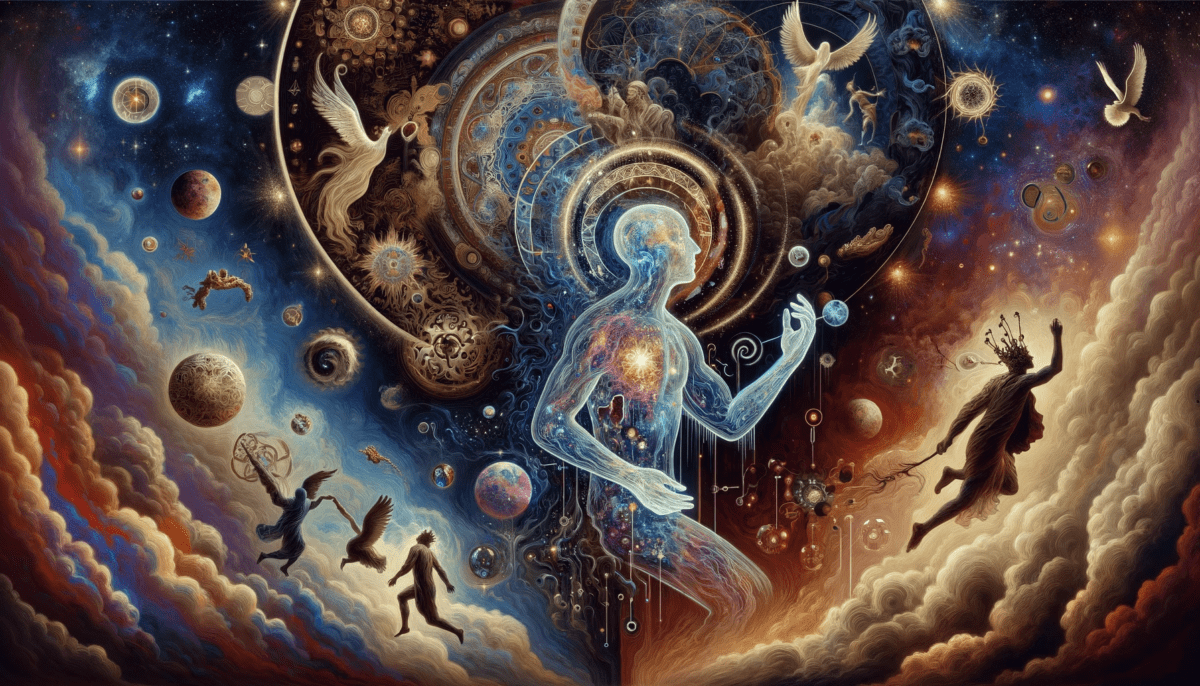
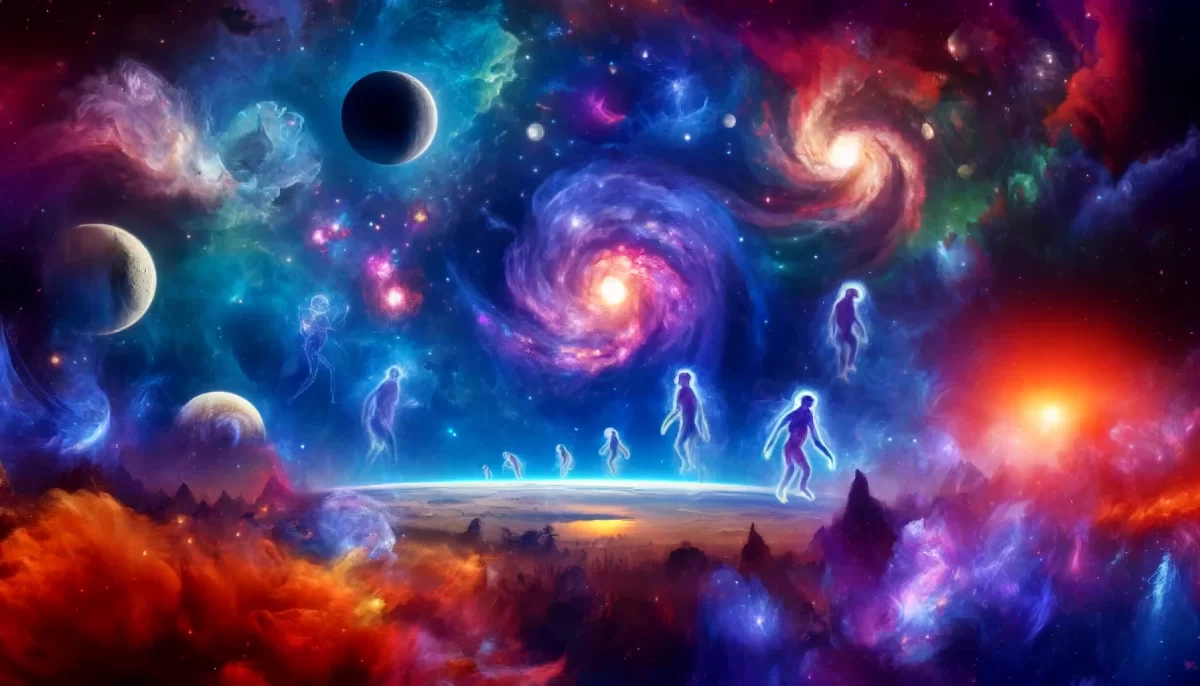
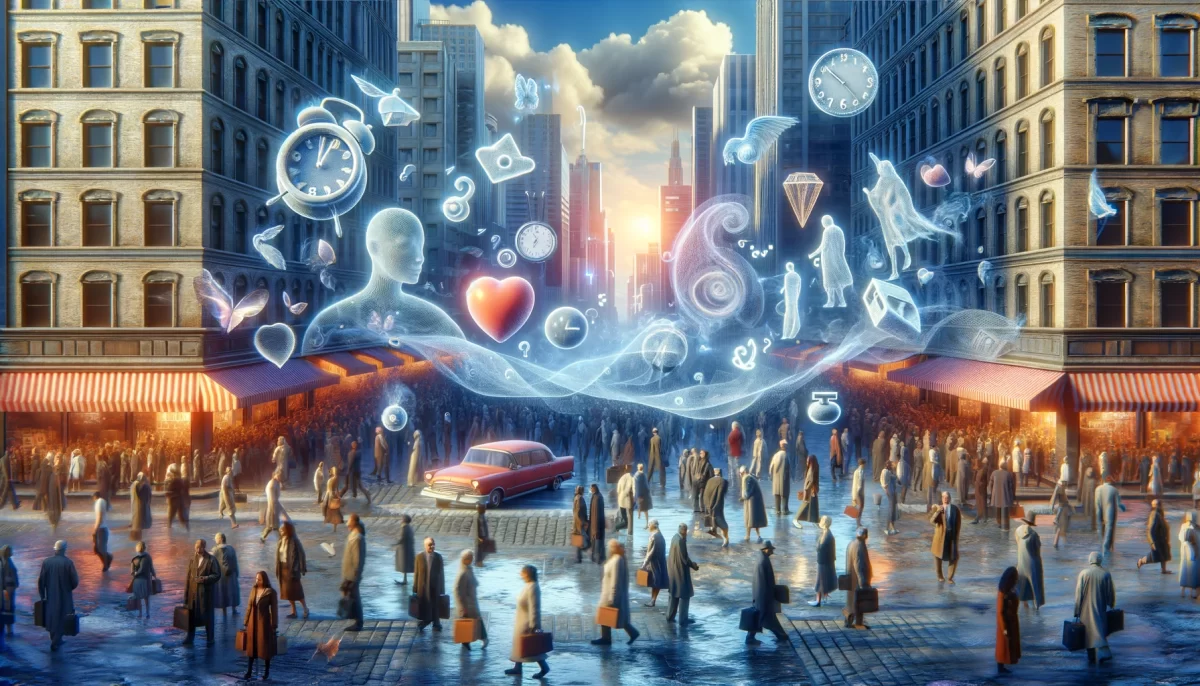
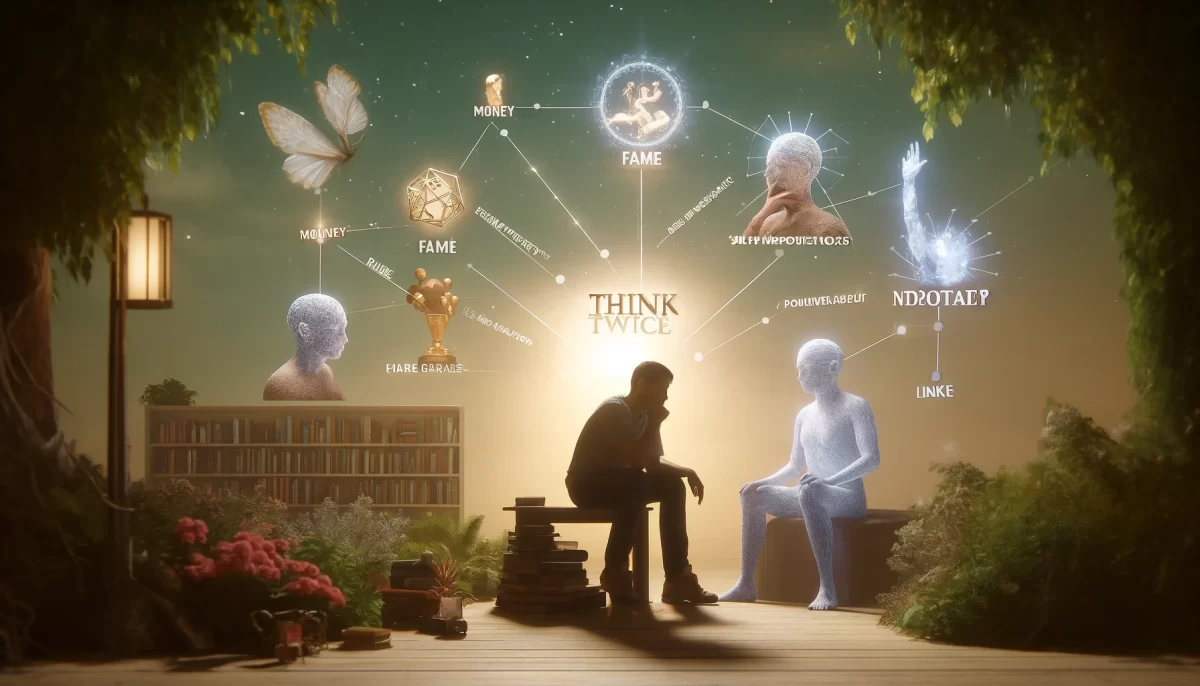
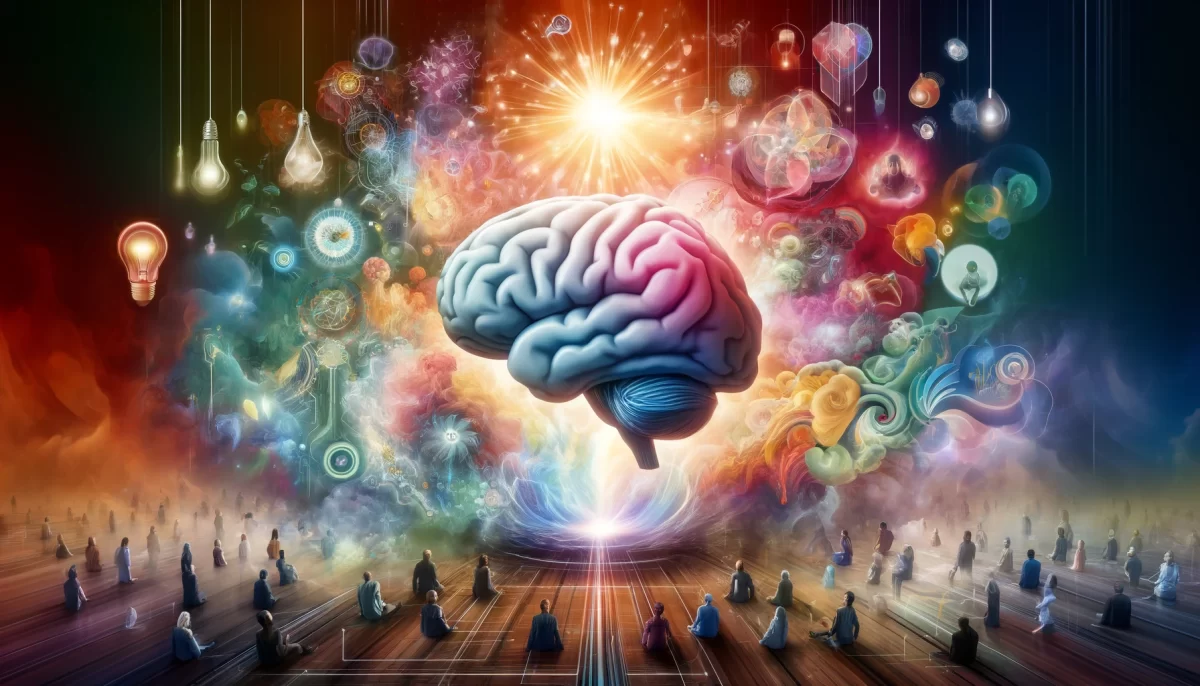
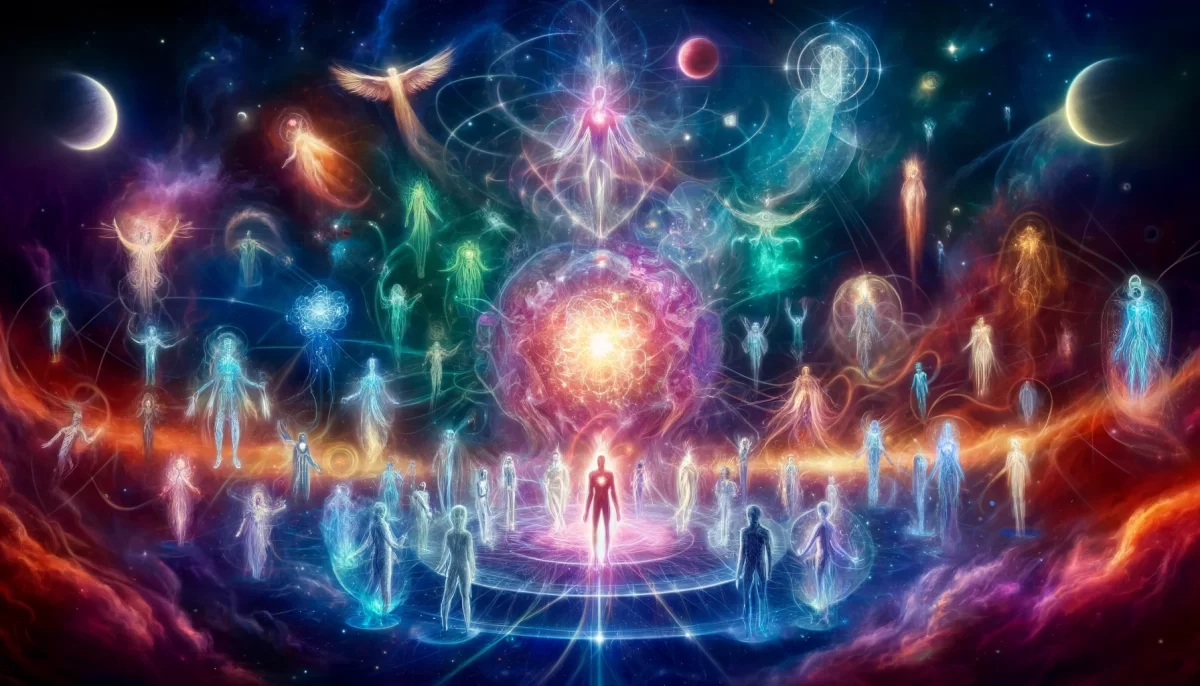
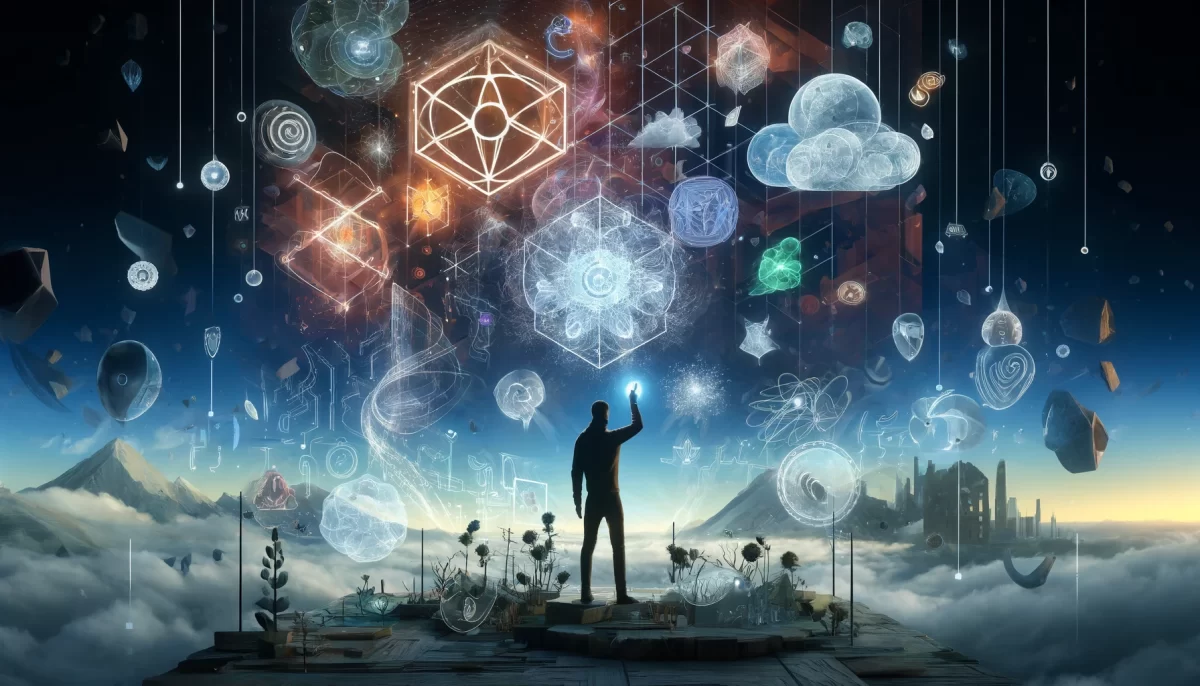
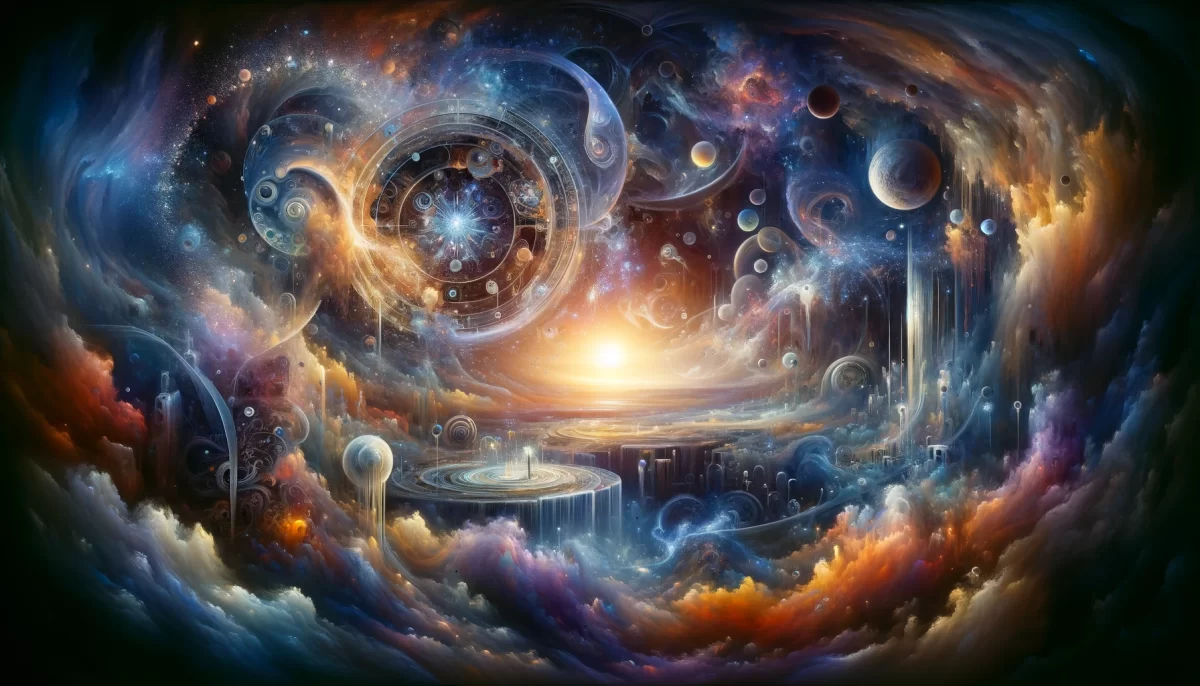
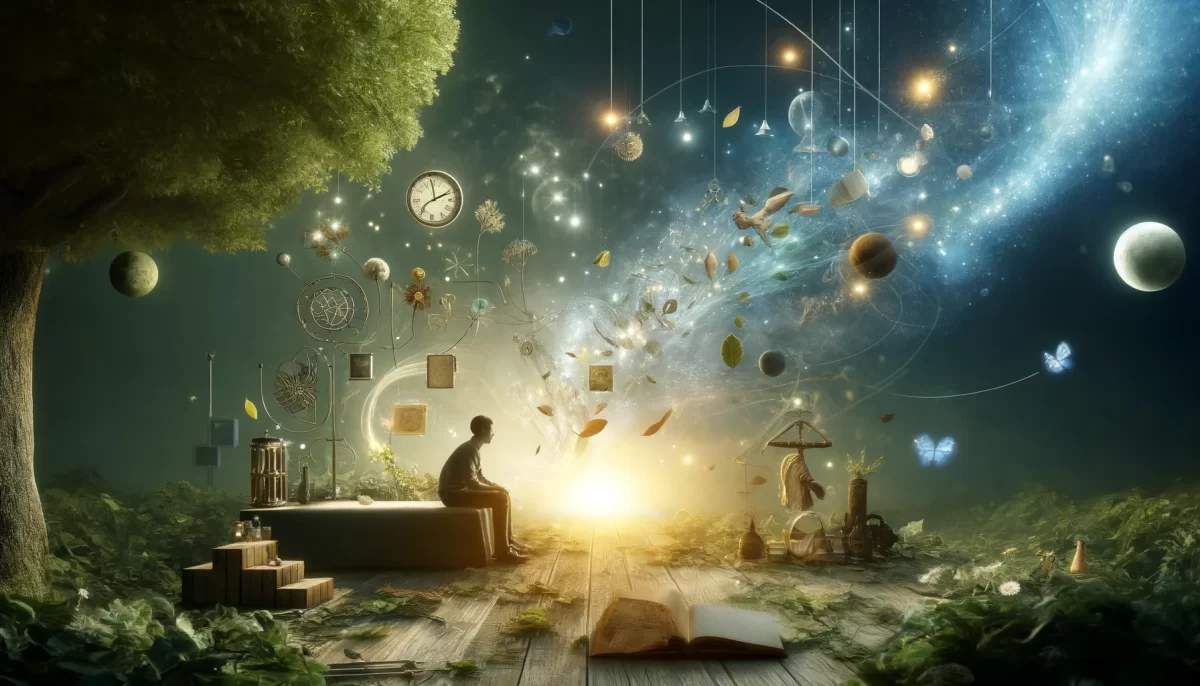
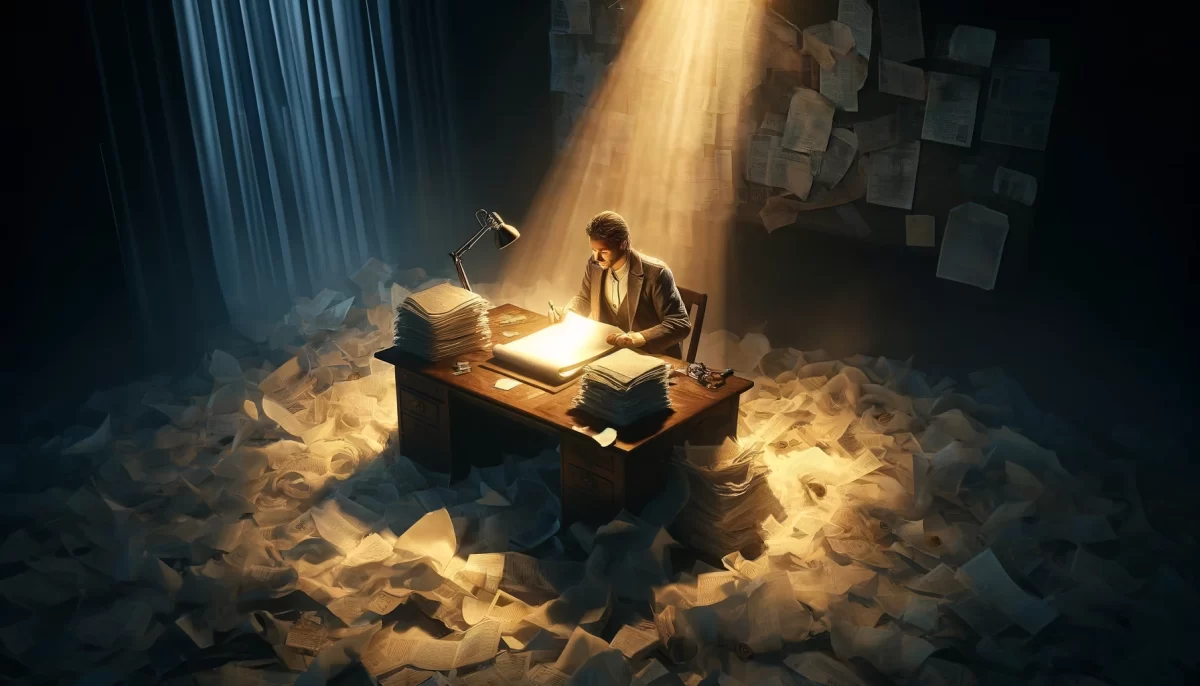
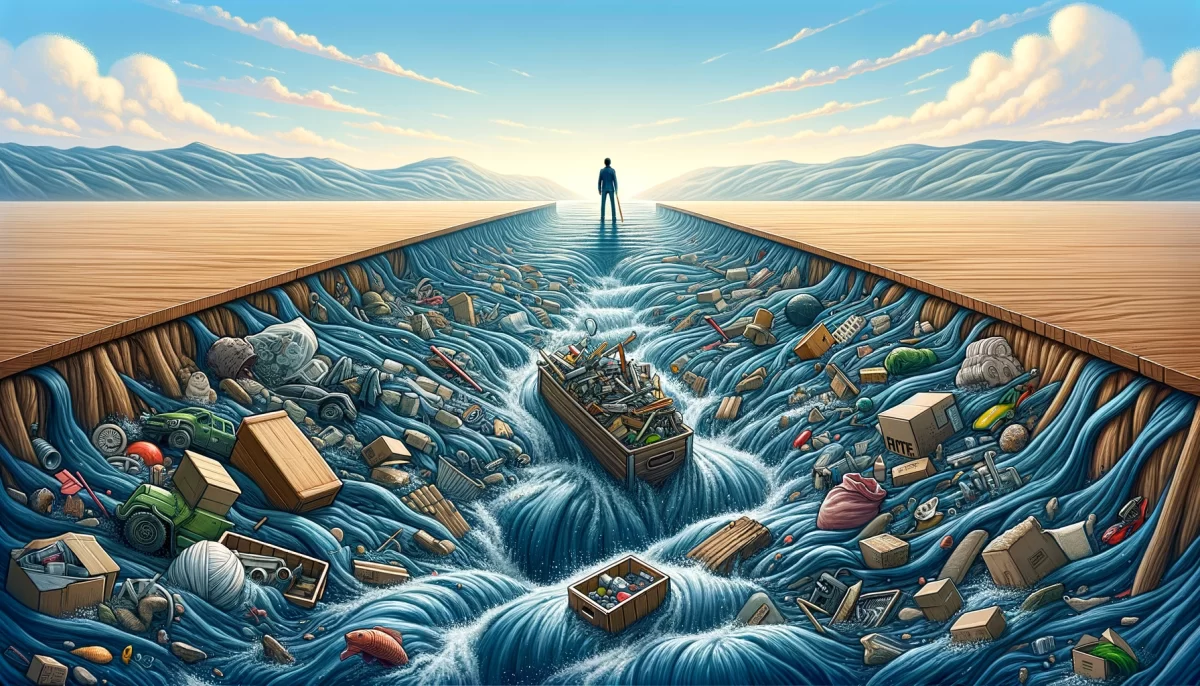
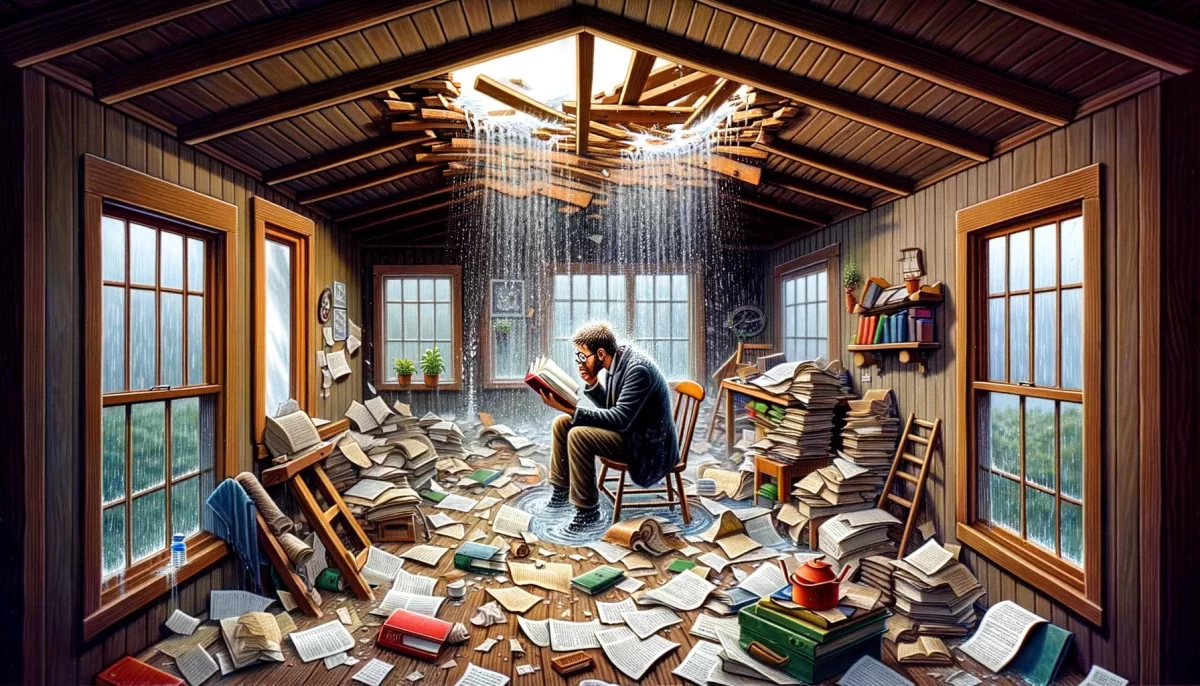
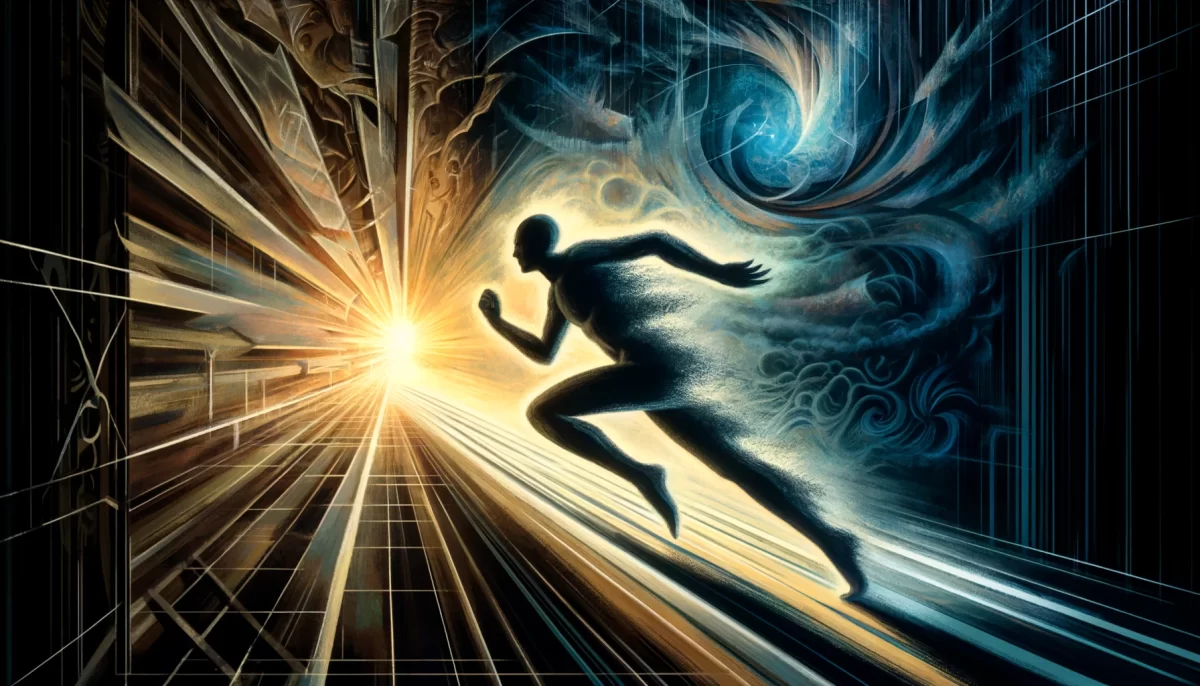
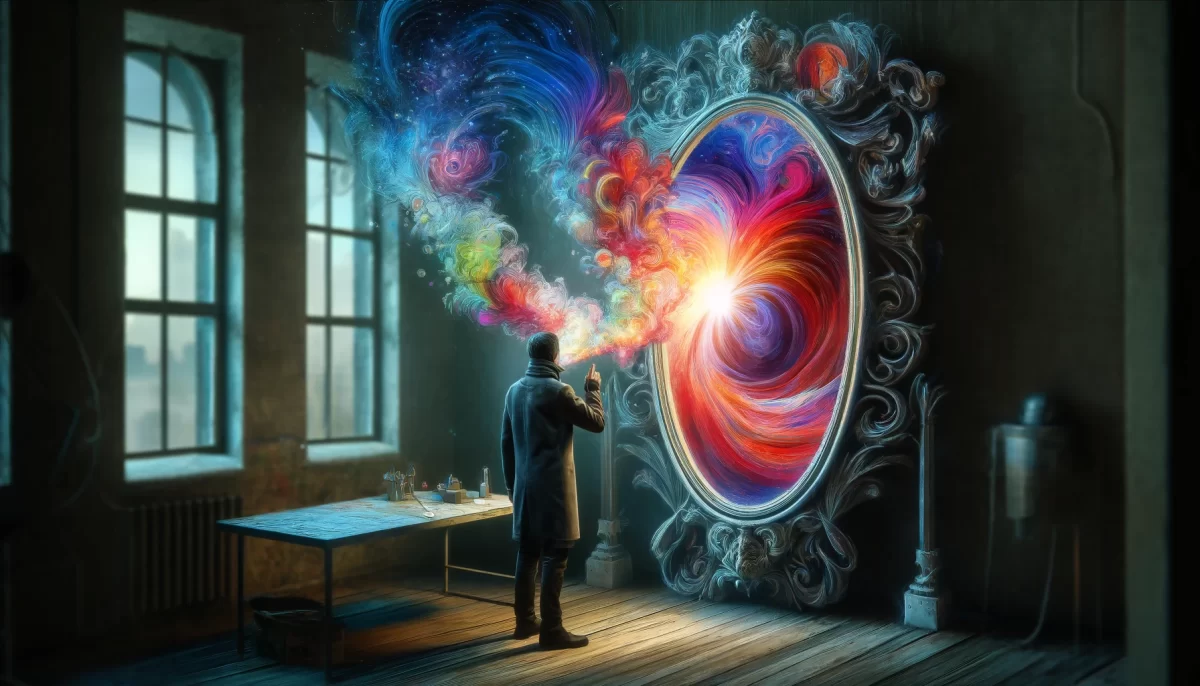
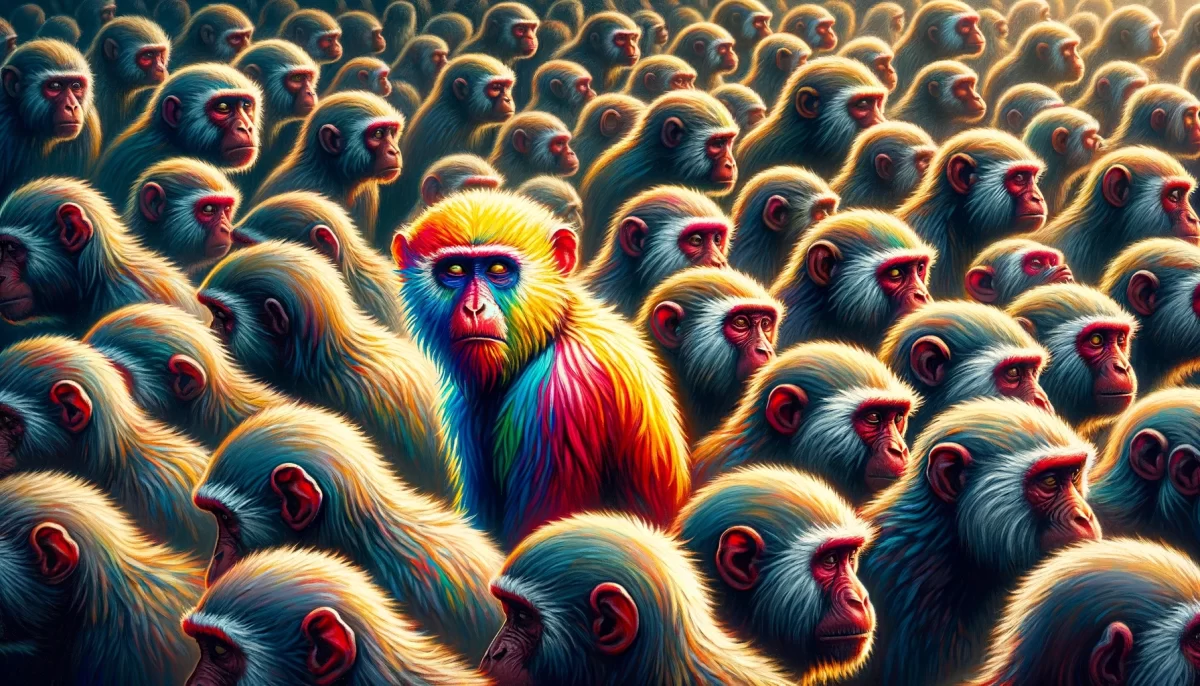
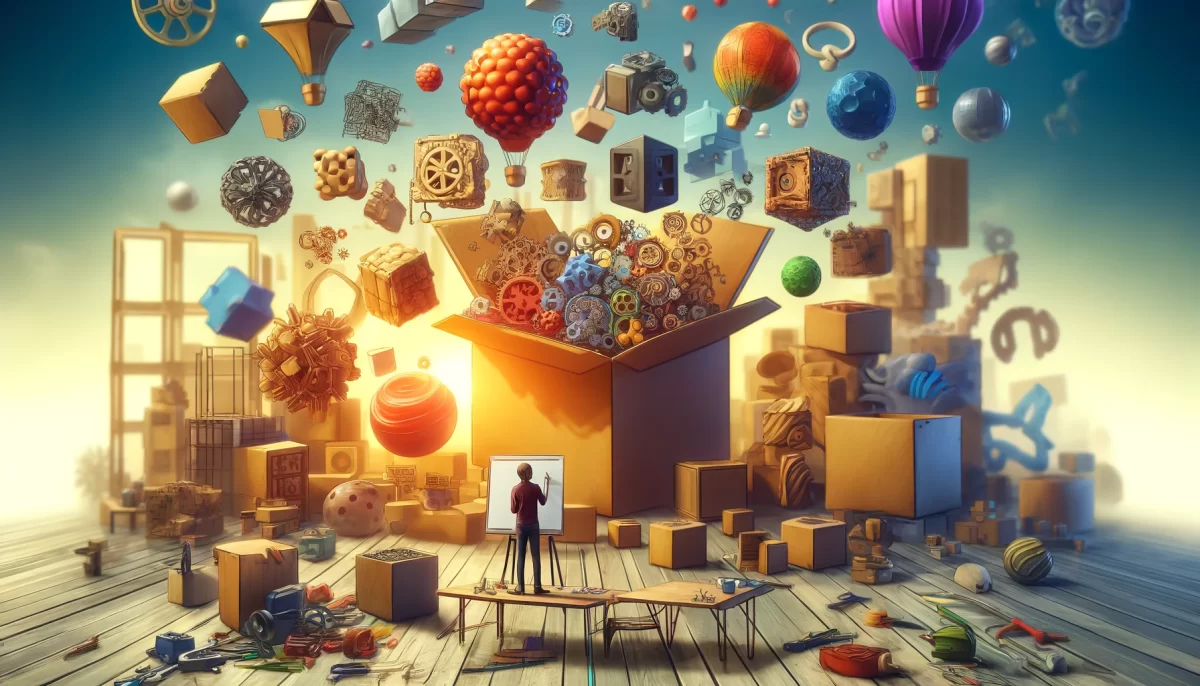
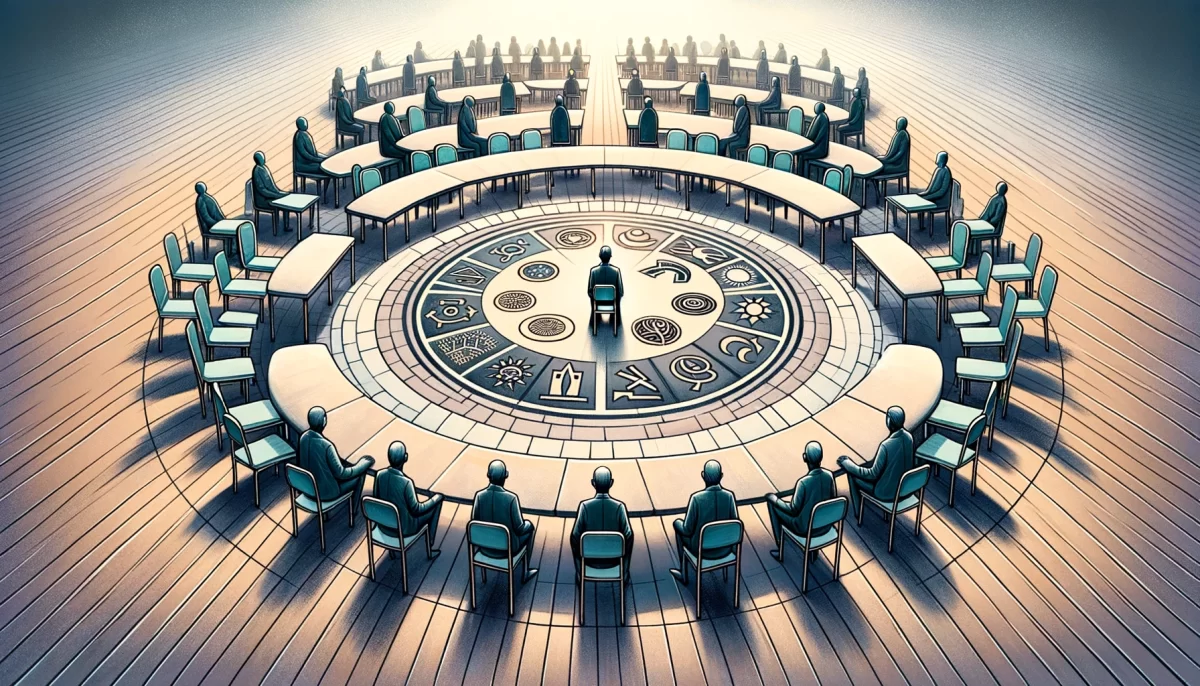
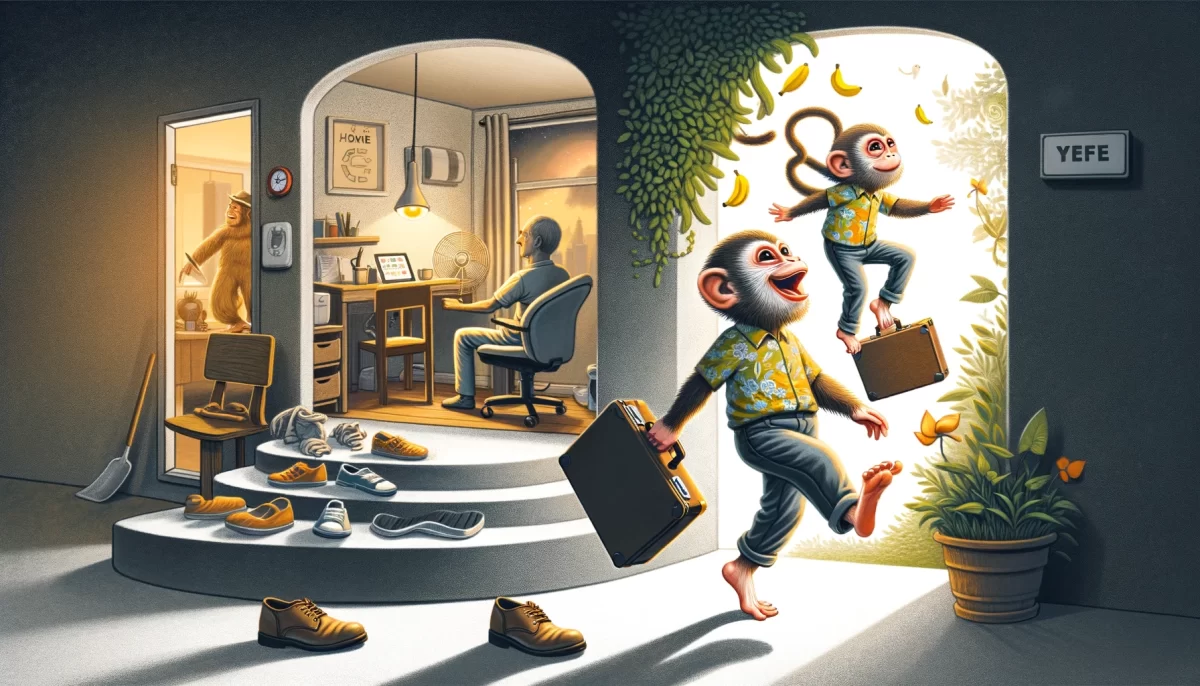
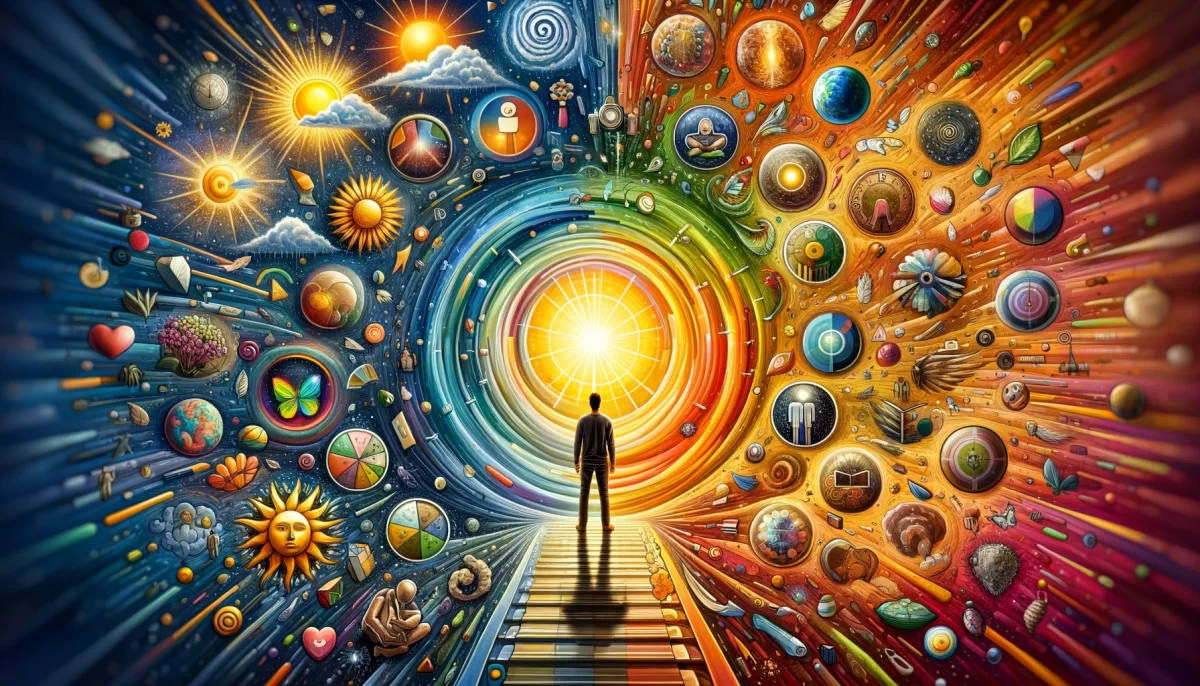
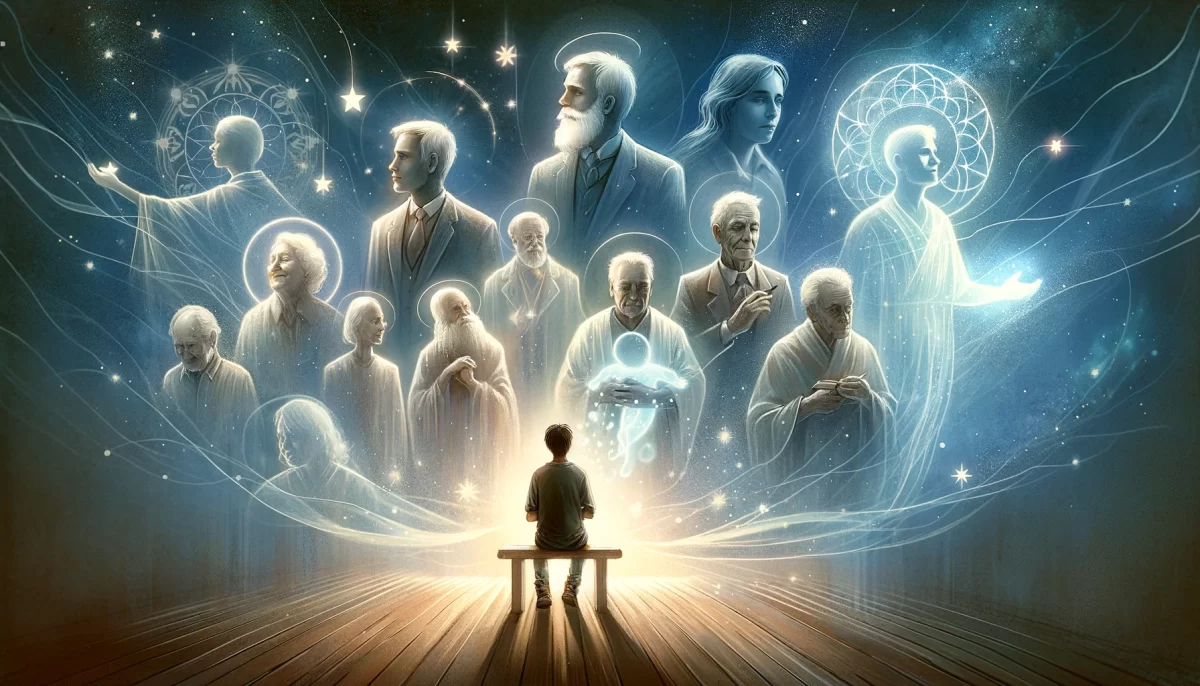
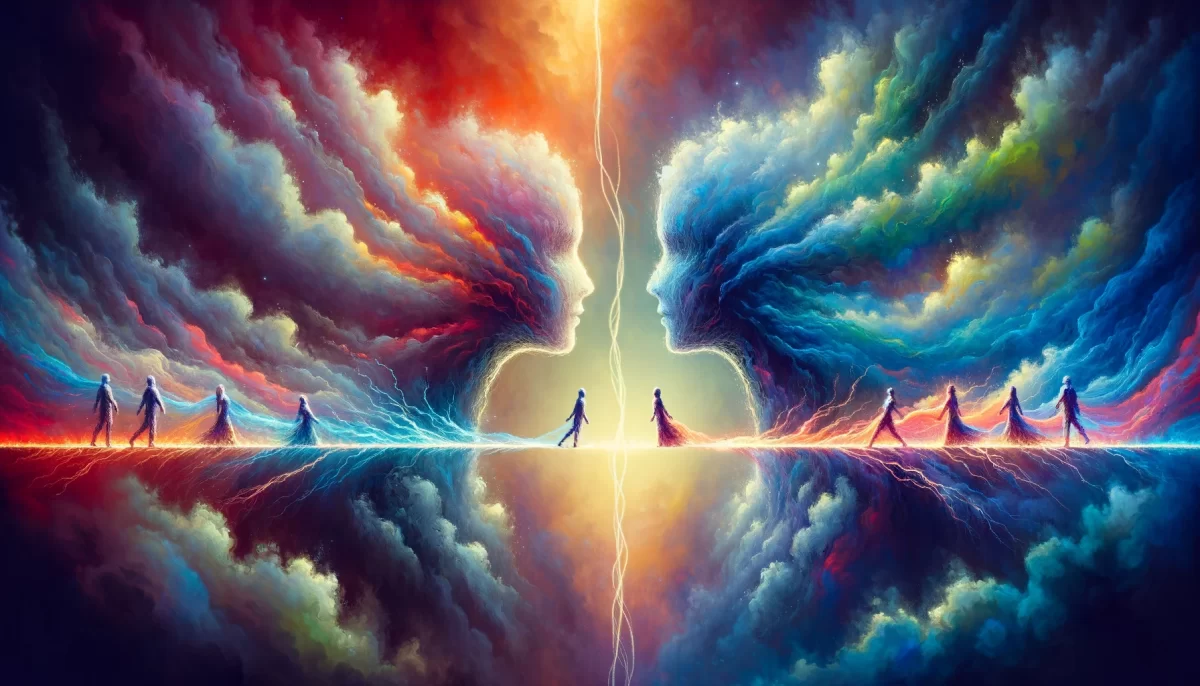
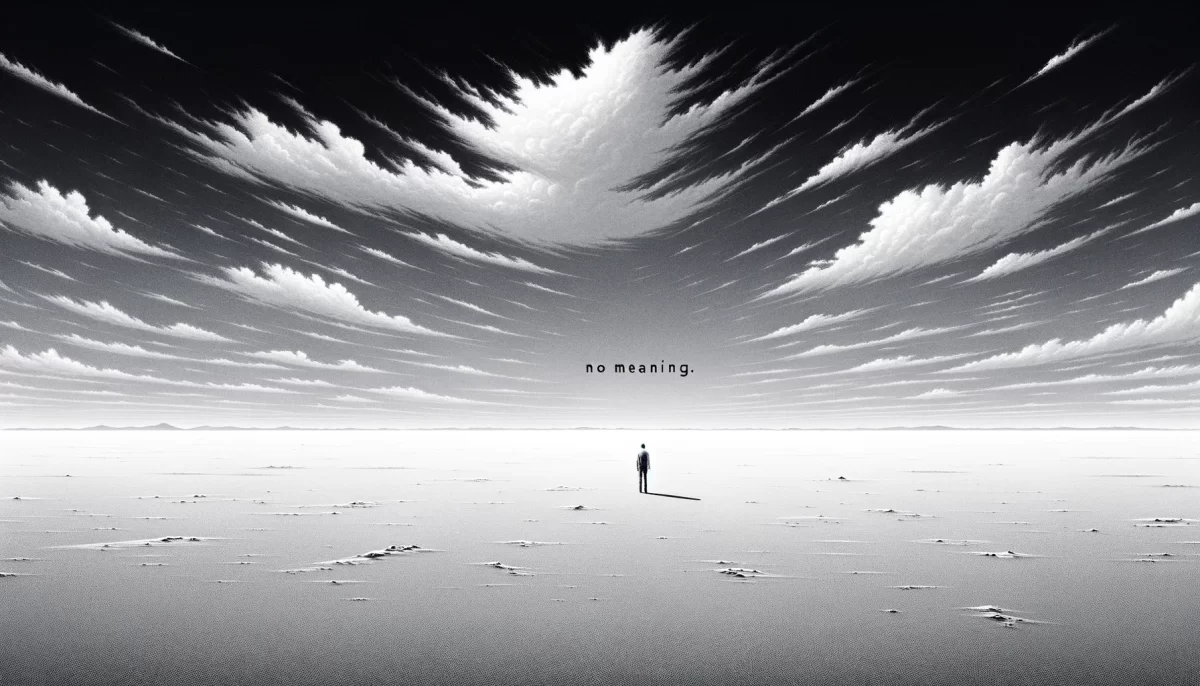
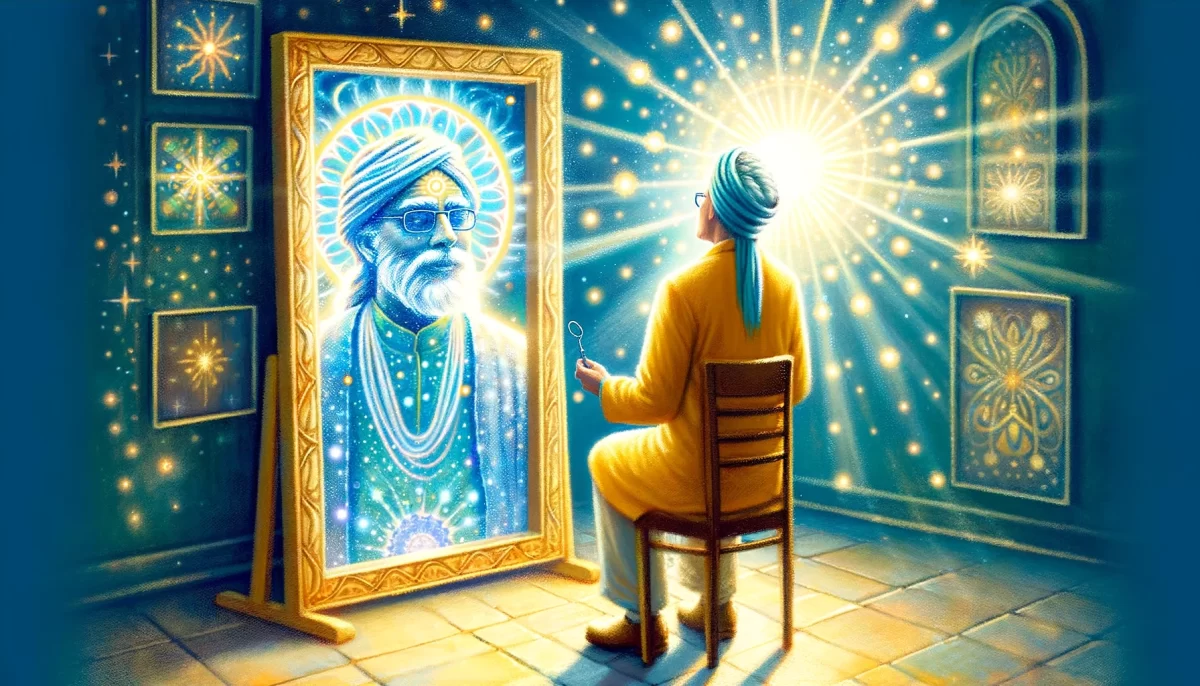
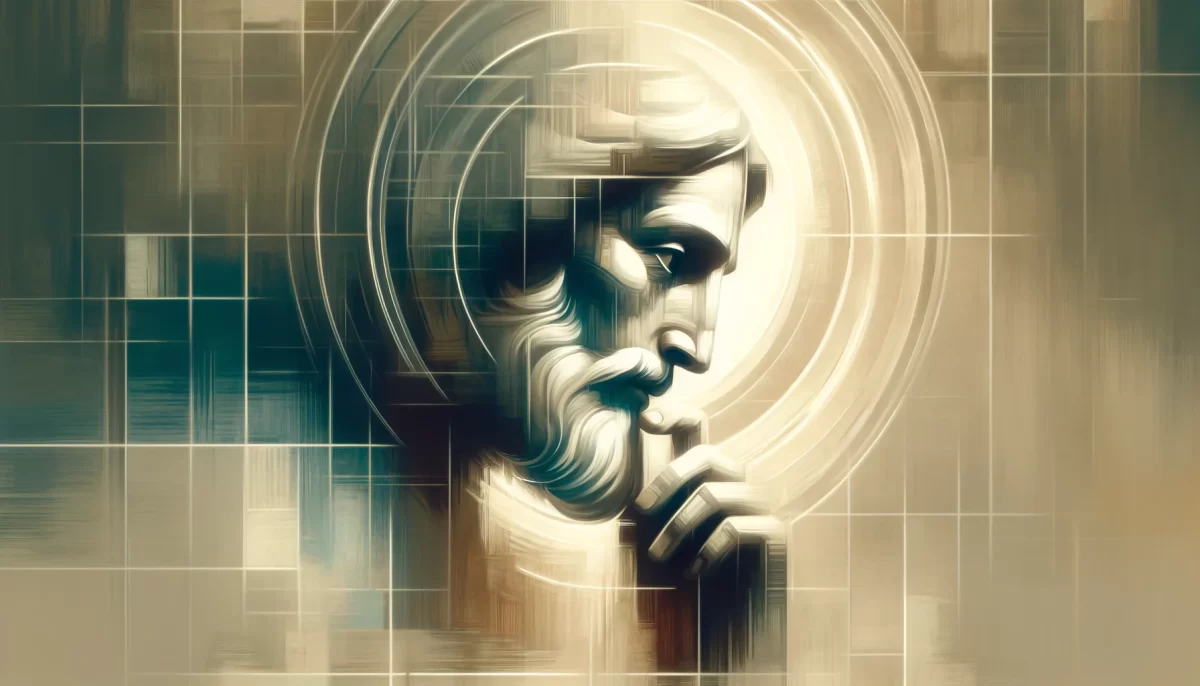
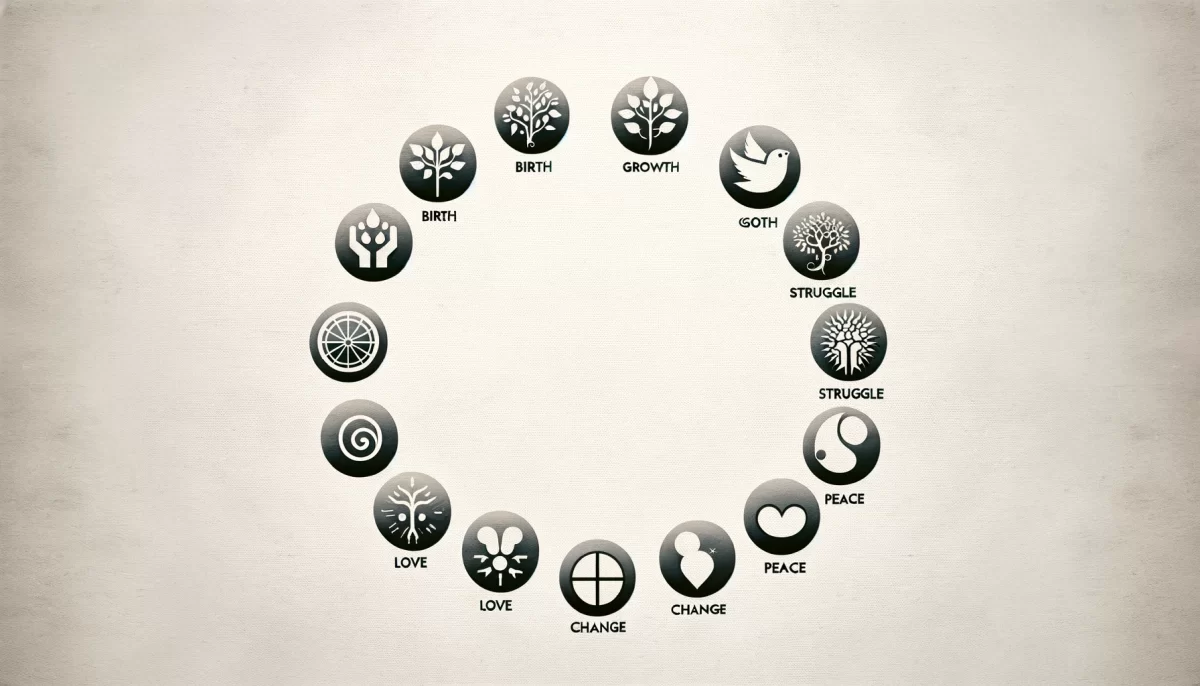
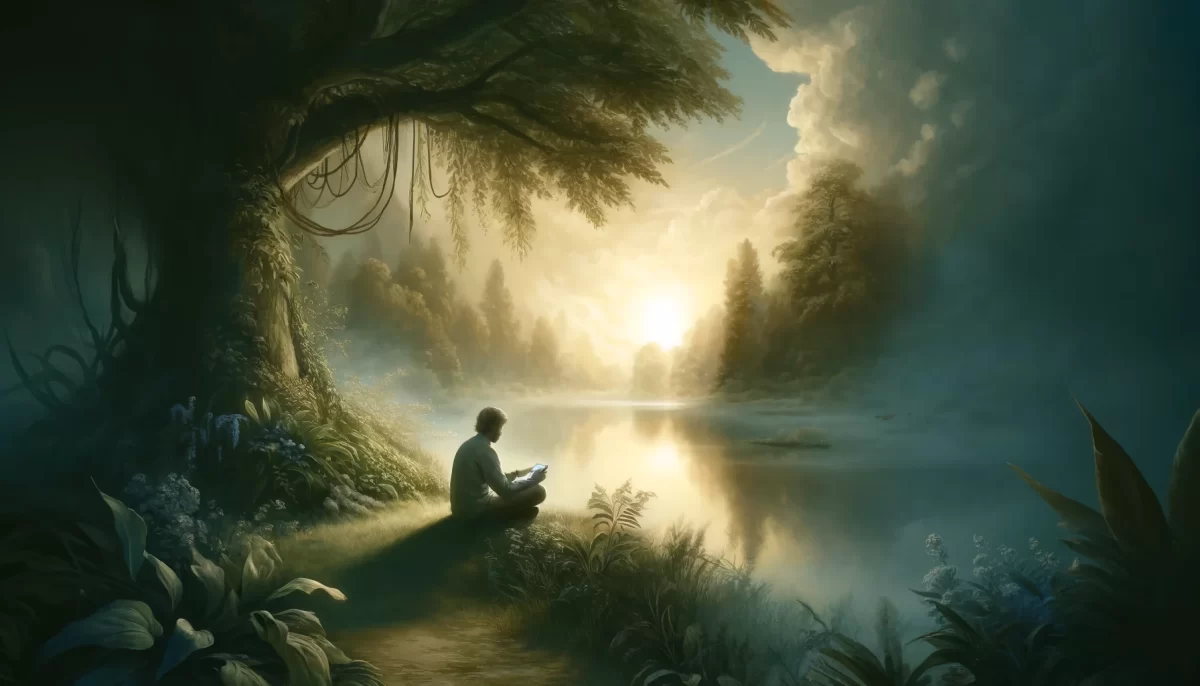
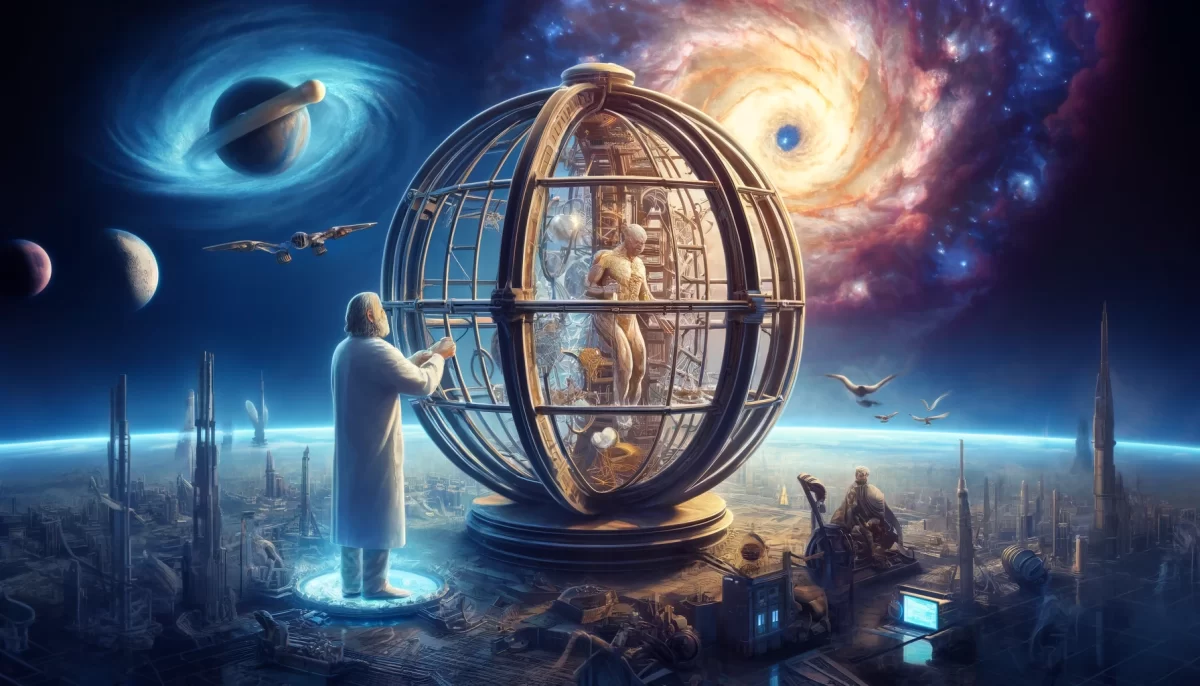
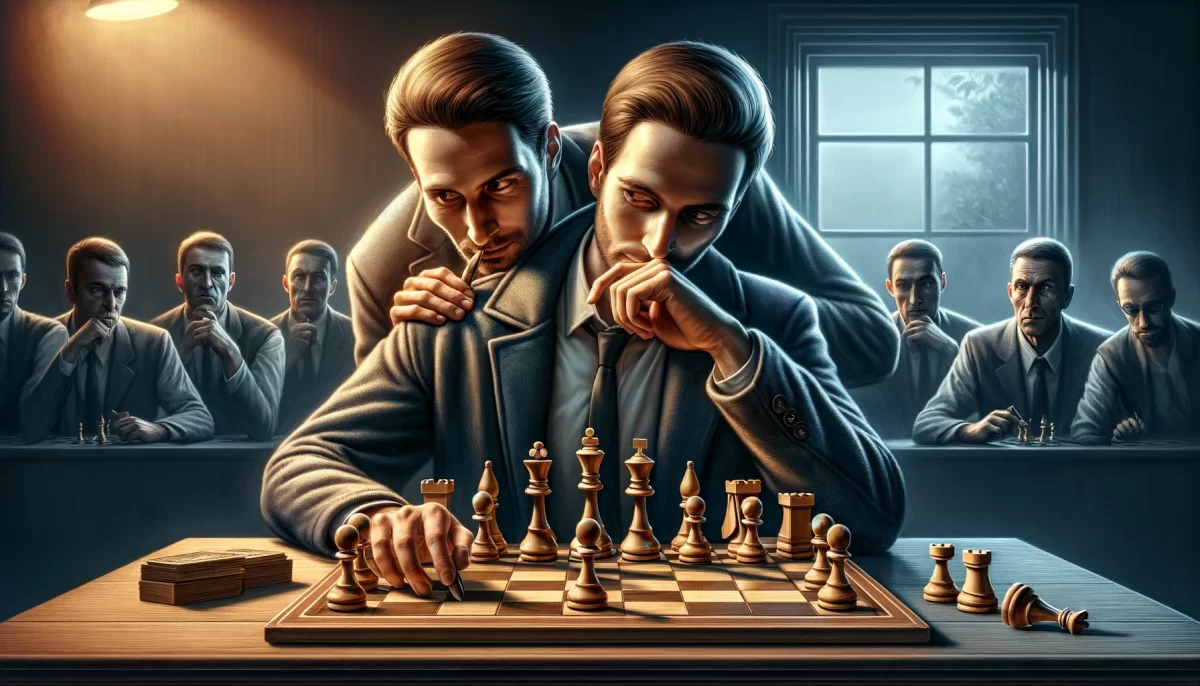
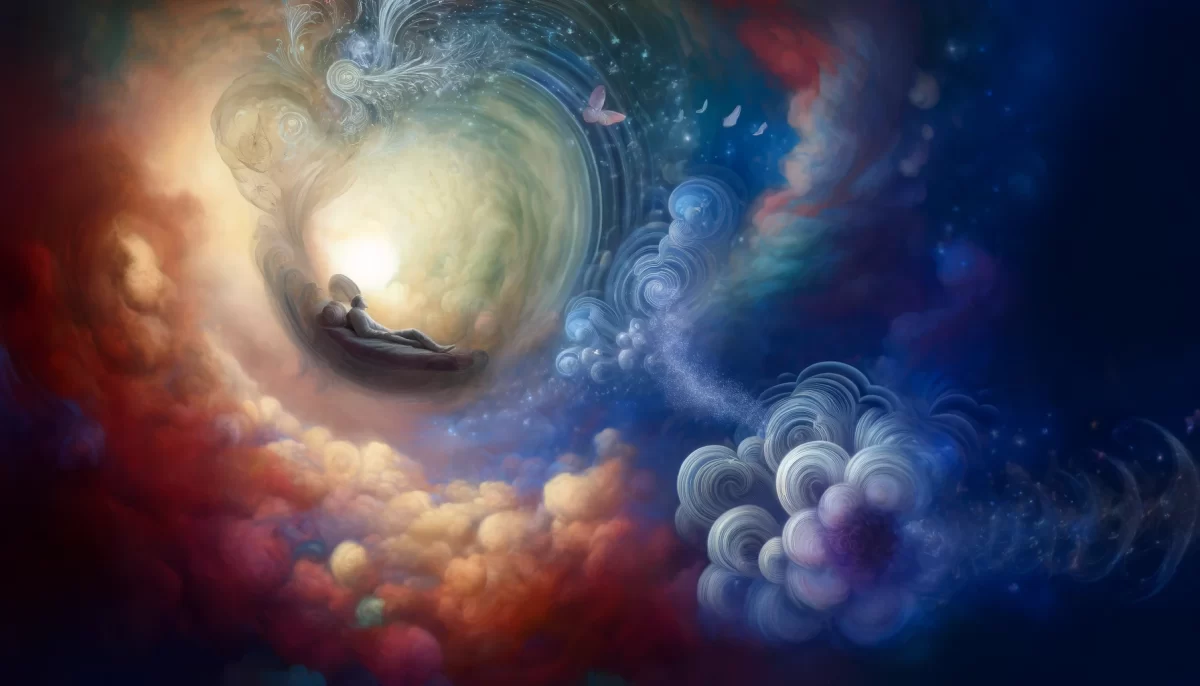
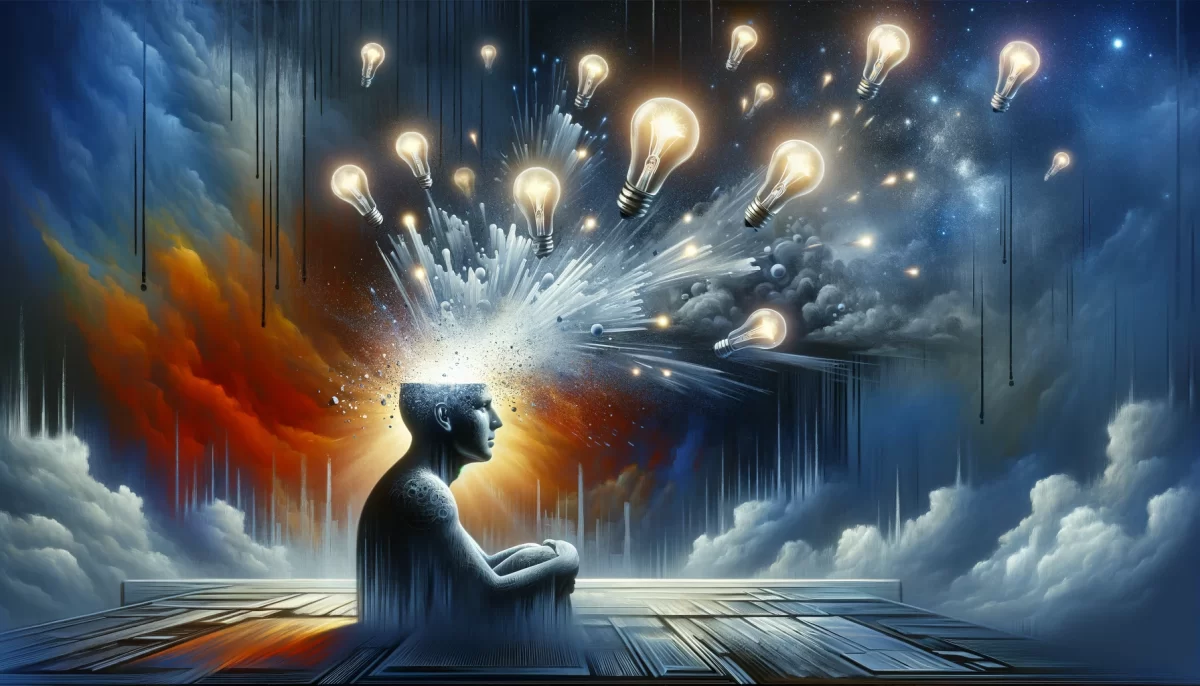
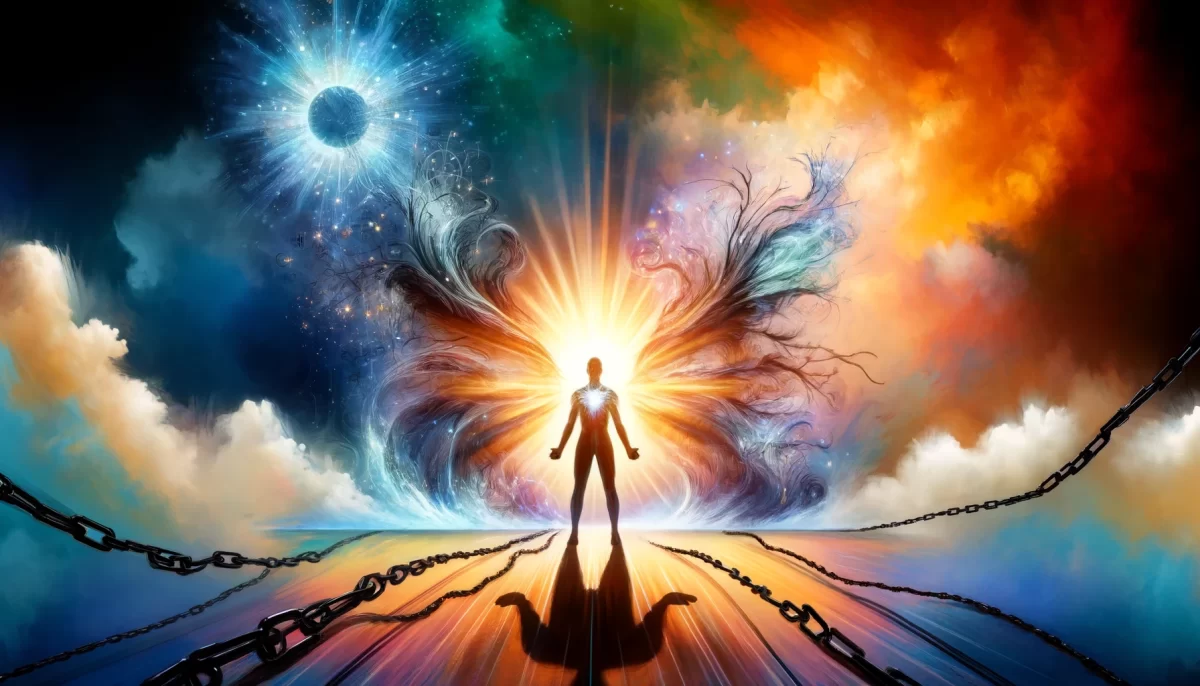
Leave a Reply